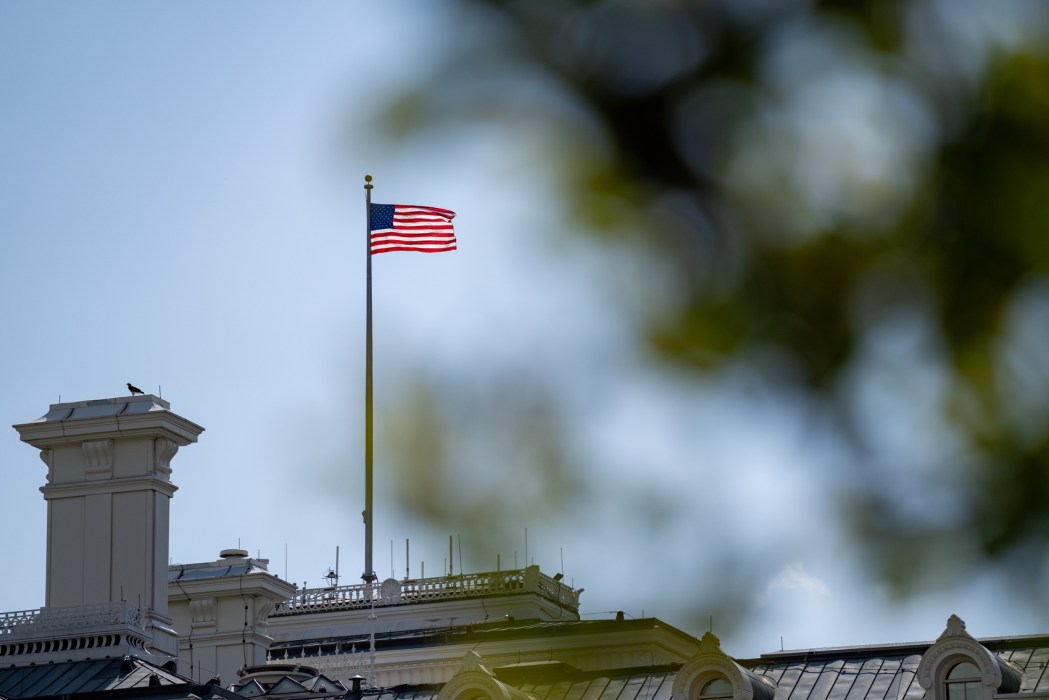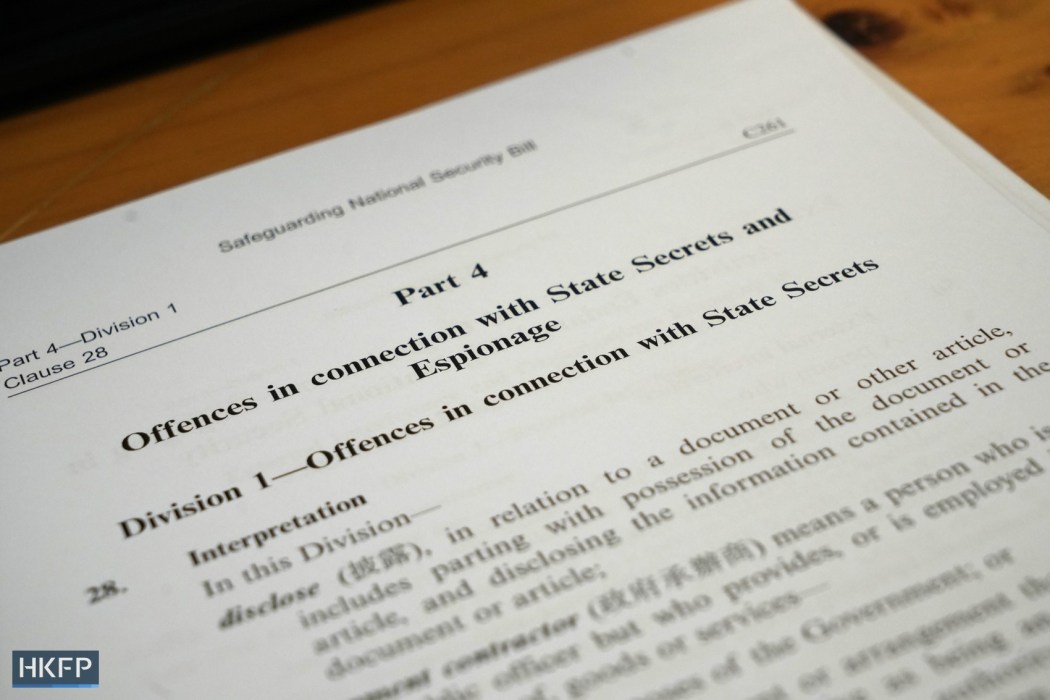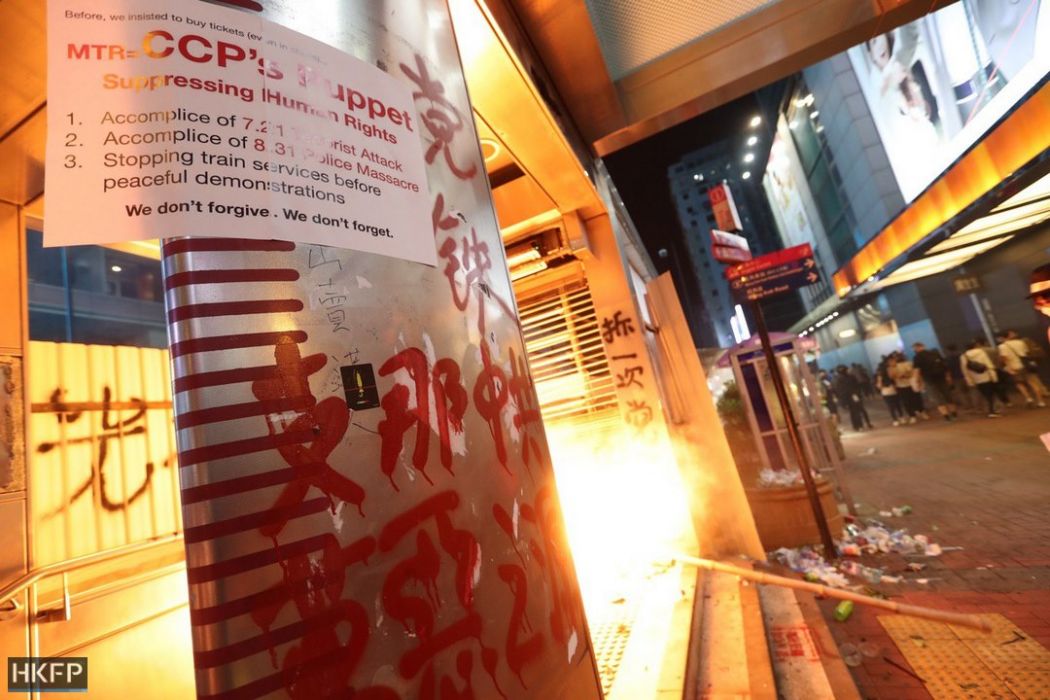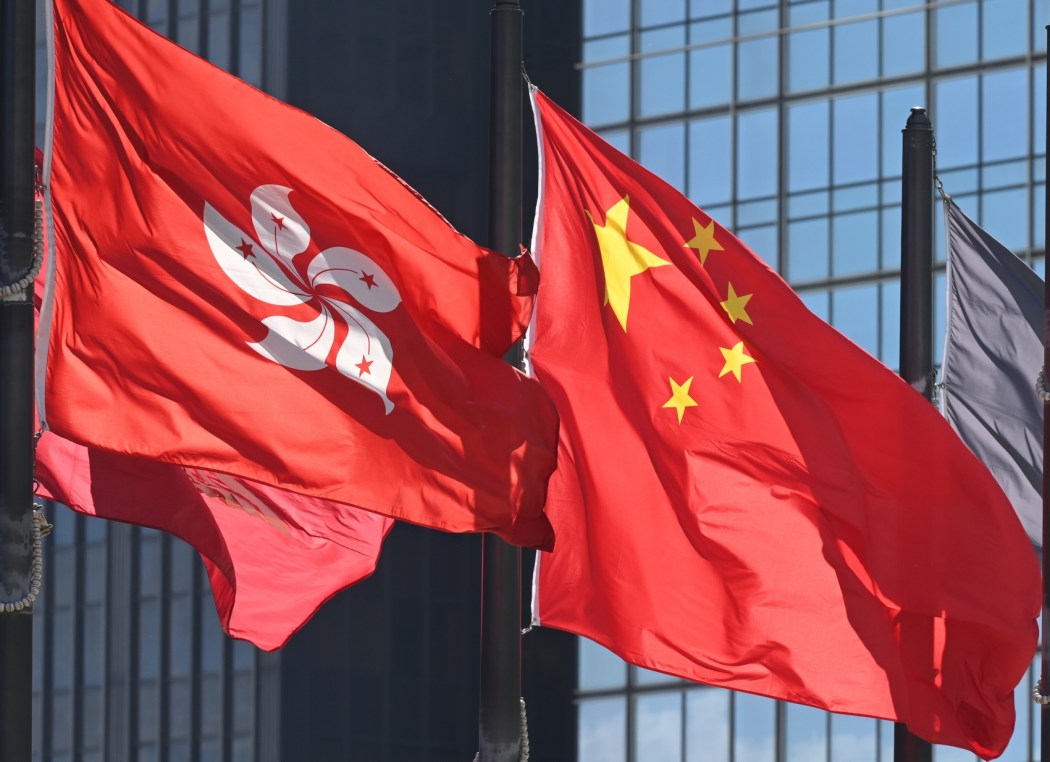Beijing and Hong Kong have said that the US has “smeared” Hong Kong’s law enforcement actions after Washington published a report stating that the city had “significant human rights issues.”

The 2023 Country Reports on Human Rights Practices released by the US Department of State on Monday was “unfounded and biased,” the Hong Kong government said in a statement on Tuesday night.
‘Arbitrary detention’
The annual report claimed that there were credible reports of arbitrary arrest and detention or detainees in Hong Kong under the Beijing-imposed national security law and other legislation.
It cited the case of a Hong Kong student, who was jailed for two months in November last year over publishing “seditious posts” online while she was studying in Japan.
The city also has “serious problems” regarding the independence of the judiciary, “transnational repression” of individuals outside of Hong Kong and “serious restrictions” on free speech and press freedom, the report read.

The report made reference to the HK$1 million bounty placed on each of the heads of 13 self-exiled activists, while the operating space for the city’s independent media was said to have “continued to shrink.”
“The government took few credible steps to identify and punish officials who may have committed human rights abuses,” the report read.
The report did not mention the enactment of the Safeguarding National Security Ordinance, Hong Kong’s homegrown security law required under Article 23 of the Basic Law, which came into force last month.

Separate to the 2020 Beijing-enacted security law, the homegrown Safeguarding National Security Ordinance targets treason, insurrection, sabotage, external interference, sedition, theft of state secrets and espionage. It allows for pre-charge detention of to up to 16 days, and suspects’ access to lawyers may be restricted, with penalties involving up to life in prison. Article 23 was shelved in 2003 amid mass protests, remaining taboo for years. But, on March 23, 2024, it was enacted having been fast-tracked and unanimously approved at the city’s opposition-free legislature.
The law has been criticised by rights NGOs, Western states and the UN as vague, broad and “regressive.” Authorities, however, cited perceived foreign interference and a constitutional duty to “close loopholes” after the 2019 protests and unrest.
‘Completely absurd and untrue’
In response to the US report, the Hong Kong government said the remarks concerning the legislation safeguarding national security were “completely absurd and untrue.” The US ignored how the “large-scale and incessant riots” in 2019 had devastated Hong Kong’s society and economy. The laws on national security helped the city return to normalcy, it said.

The Hong Kong government also hit back at criticism of its law enforcement actions, saying that issuing arrest warrants and appealing for public assistance to bring “fugitive offenders” to justice was “legitimate, necessary, and squarely in line with international practice.”
“The US is once again overriding the rule of law with politics and politicising human rights issues. Such attempt to undermine the prosperity and stability of Hong Kong and interfere in Hong Kong’s law-based governance is doomed to fail,” an English statement from the Hong Kong government read.
The commissioner’s office of China’s foreign ministry in Hong Kong also “resolutely opposed” the US report. Hong Kong had made “widely-recognised achievements” in safeguarding human rights and the claims by the US “disregarded facts” and “distorted the truth,” the office said in a Chinese-language statement issued on Tuesday.

A spokesperson for the office went on to say that different rights and freedoms were enshrined in Hong Kong’s Basic Law and legislation safeguarding national security. But rights should not be used as a “shield” to justify criminal acts, it said.
No civilised and society which follows the rule of law would tolerate criminal activities which endanger national security and disrupt social piece, the office spokesperson added.
“The malicious attempts by the US side to discredit the SAR government’s lawful governance and the judiciary’s lawful trials undermine the spirit of the rule of law and tarnish the pursuit of justice,” the statement read.
Support HKFP | Policies & Ethics | Error/typo? | Contact Us | Newsletter | Transparency & Annual Report | Apps
Help safeguard press freedom & keep HKFP free for all readers by supporting our team
























